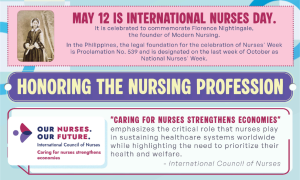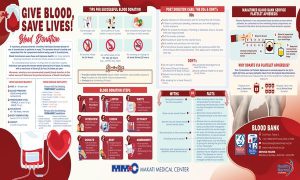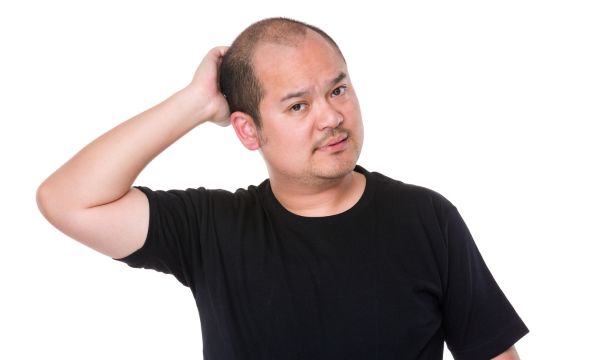MakatiMed identifies the red flags to look out for and how to address them
While the discussion of mental health has been on the rise in recent years, the misinformation and stigma surrounding it remains prevalent. Worldwide, 800,000 people die due to suicide every year, according to the World Health Organization (WHO). Around 60% of all suicide cases in the world are reported from Asia, and in the Philippines, at least six individuals commit suicide every day.
Instead of shying away from someone who is struggling, it’s important to be there for them in a way that doesn’t make their situation worse. Makati Medical Center, a top hospital in the Philippines, an advocate of mental health awareness, aims to provide comprehensive care for anyone who might need it.
According to Ryan Edward T. Rabago, MD of MakatiMed’s Neurological Sciences Department, Section of Psychiatry, while suicidal tendencies may be a result of clinical mental health issues and disorders, damaging experiences such as verbal, emotional, and physical abuse or extreme stress and pressure at home, school, or work can also lead to suicidal thoughts.
“Suicidal tendencies may be triggered or amplified by mental illnesses such as depression, anxiety, eating disorders, substance abuse, or traumatic events,” says Dr. Rabago. “Genetics may also play a role in the occurrence of suicidal thoughts on people with a family history of mental illnesses.”
Some red flags to note include talking about wanting to die; looking for a way to kill oneself; talking about feeling hopeless, trapped, or experiencing unbearable pain; talking about being a burden to others; turning to alcohol or drug use; feeling anxious or agitated; displaying reckless actions and extreme mood swings; sleeping too little or too much; and withdrawing from family and friends.
“Don’t minimize people’s feelings when they express their thoughts or problems,” adds Dr. Rabago. “Brushing off someone who makes the effort to speak up about their struggle could lead them to feel invalidated which can cause further manifestation of symptoms.”
“If you notice these any or a combination of these signs in someone, reach out to them. People struggling with suicidal thoughts may feel incapable of reaching out and asking for help, and so those around them need to go the extra mile and be supportive,” he says. “This includes pointing them towards professional services and being with them through that process.”
Dr. Rabago also emphasized the importance of early intervention. “Because of the stigma our culture has on mental health, we tend to give more importance on how other people see us,” adds Dr. Rabago. “This causes delay in evaluation and intervention.”
If you know someone who needs phone counselling, please call the Department of Health’s 24/7 HopeLine at (02) 804-4673, 0917 558 4673 or 0917 558 2919.
For more information, please contact MakatiMed On-Call at +632.8888 999, [email protected] , or visitwww.makatimed.net.ph.











